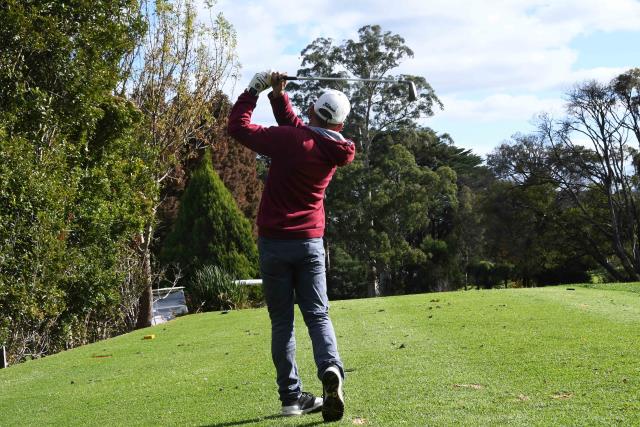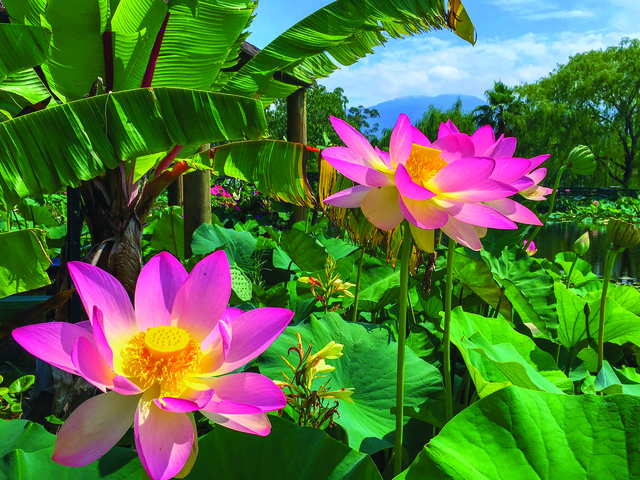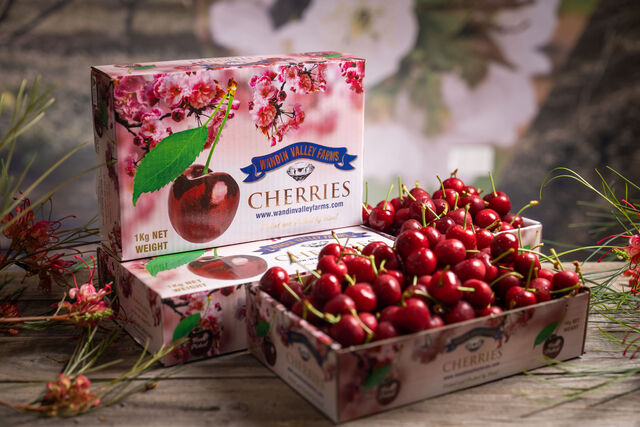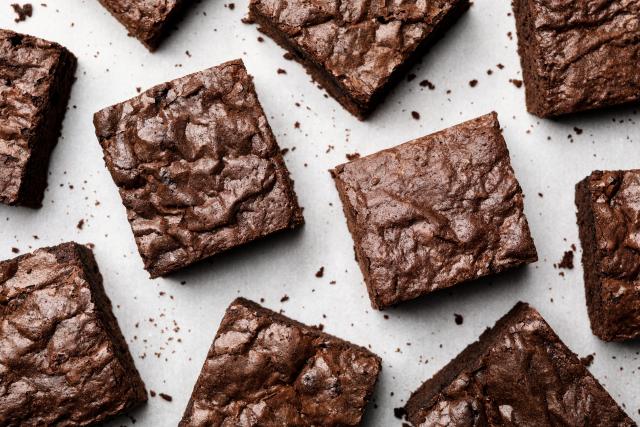By Kath Gannaway
HEALESVILLE’S Indigenous past and present are represented in the inaugural Victorian Indigenous Honour Roll.
Wurundjeri leader William Barak and Yarra Yarra elder Dot Peters are among 20 Aboriginal Victorians inducted into the Honour Roll, the first of its kind in Australia.
Describing the inductees as an exceptional group of people, Premier Ted Baillieu said the Victorian Indigenous Honour Roll would acknowledge the legacy and achievements of Indigenous Victorians who had made, and continue to make, important and lasting contributions to society.
Those achievements, he said, spanned health, education, politics, sport and the arts.
Minister for Aboriginal Affairs Jeanette Powell said she had been moved by the stories of courage, tenacity, resilience, persistence, passion, hope and love revealed in the nominations.
Wurundjeri elder Joy Wandin-Murphy accepted the award on behalf of her great-great-uncle William Barak, one of two inductees nominated by the Premier.
She said it was a honour, first of all to have Barak recognised as a great leader of his time.
“Secondly, because he is family, and then because of what is happening in this big world of ours where more people are taking much more notice of the first Australians.
“For the Premier to recognise Barak’s activity over his lifetime, and to nominate him, that in itself is a great step towards people’s understanding and awareness of our people,” she said.
For Auntie Dot Peters the award means she has now been recognised for her contribution both as a woman, and as an Indigenous person. She was inducted into the Victorian Women’s Honour Roll in 2011.
She says she is honoured on both counts but said last week’s award was especially rewarding because it is positive recognition of Aboriginal people.
Auntie Dot’s citation hails her as “a champion for reconciliation and recognition”.
She said the legacy she is most proud of is achieving recognition for Indigenous service men and women.
After 40 years of working for reconciliation, she says she sees change.
“Slowly but surely, but it’s happening,” she said.
At 82, Auntie Dot can look back to a time most people have forgotten.
Her mother Daisy was born on Coranderrk Aboriginal Mission and Dot and her siblings grew up in Healesville.
Her grandmother taught her traditional basket coiling, and how to weave eel traps out of reeds and sword grass, a skill she taught to local primary school children as an Aboriginal educator in the ’80s.
Her father, Vincent, was a Yorta Yorta man who fought in World War II and died as a prisoner of war on the Thai-Burma railway.
With the prejudices of the day, her father’s sacrifice for his country went unacknowledged and his family unsupported.
When Coranderrk was annexed as a returned soldier settlement, no land was given to them.
In 2006, she persuaded Healesville RSL to take part in Reconciliation Week.
That led to the first Victorian Indigenous Men and Women Remembrance Service being held at the Shrine of Remembrance in 2006 where, for the first time, the Aboriginal and Torres Strait Islander flags were raised at the Shrine.
The service is now held annually and has been adopted nationwide. As a member of the Victorian Indigenous Remembrance Committee, she continues to advocate for support and services for Indigenous veterans.
Auntie Dot was the first Aboriginal member of the Healesville RSL Ladies Auxiliary and the Healesville and District Hospital and has served on the Police Liaison Committee, Healesville Indigenous Arts Enterprise, Yarra Valley Reconciliation Group, Yarra Valley Health Service and Outer Eastern Local Learning and Employment Network.
“When I heard them read it (the citation) out, it surprised me what I have done,” she said last week.
“You don’t think about it, you just do it and it’s rather nice to be recognised,” she added.
Honours roll
Digital Editions
-

Most scenic place to play
Purchase this photo from Pic Store: 208644 Warburton Golf Club is the jewel in the crown of the picturesque Yarra Valley, approximately 70km east of…





